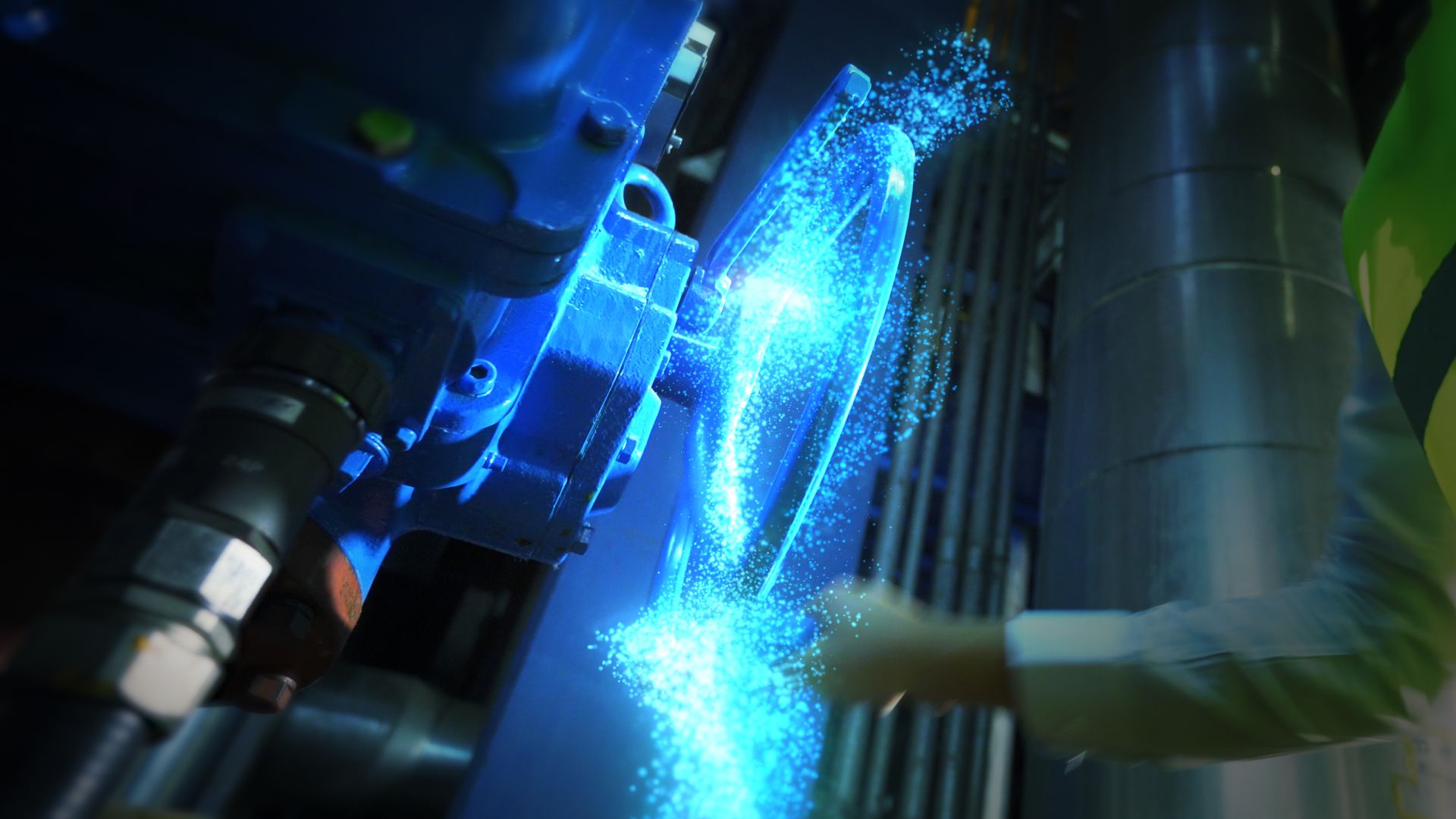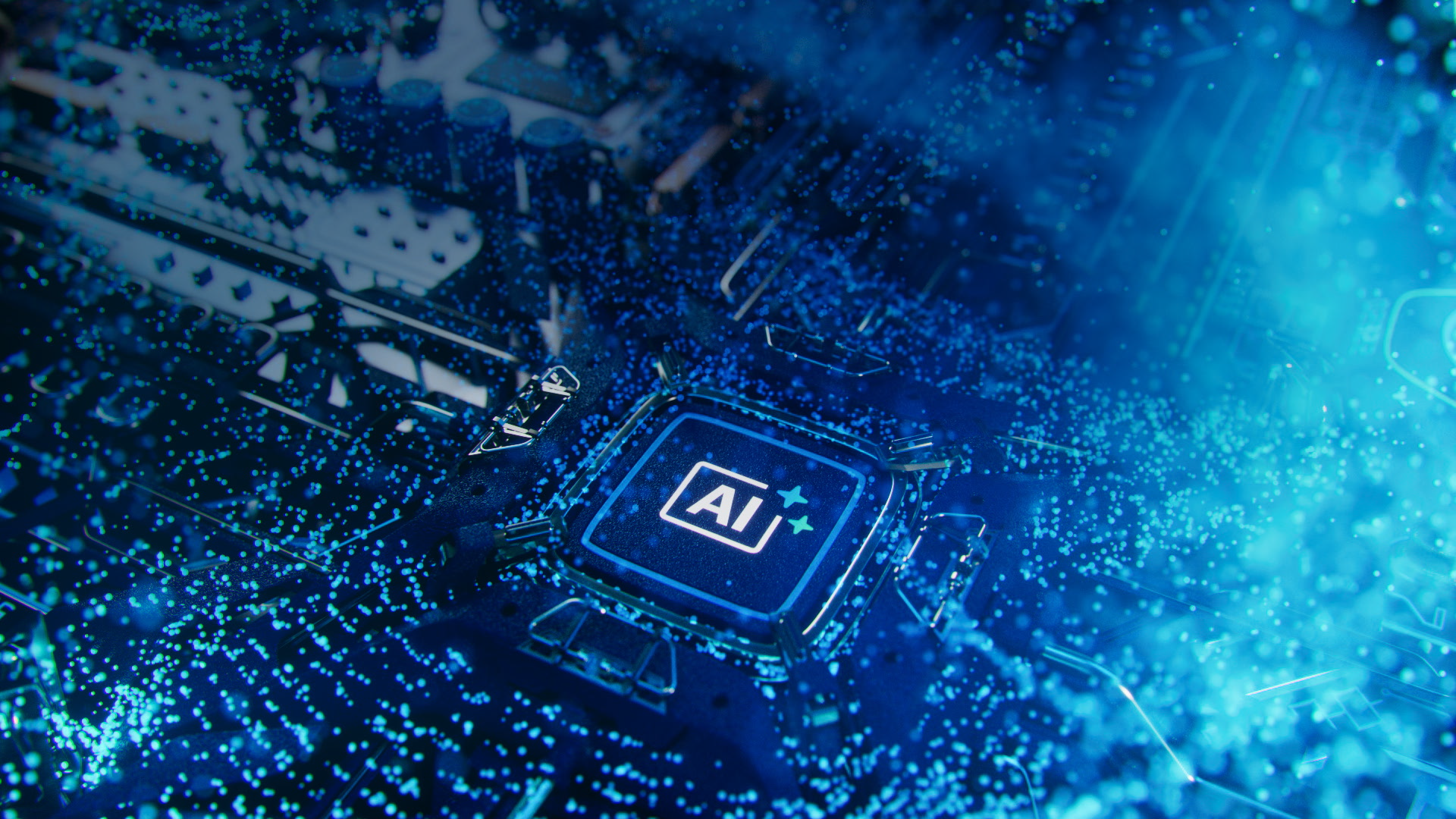AI Unveiled: Challenging Misconceptions and Embracing the Future

Artificial Intelligence (AI) has proven its transformative potential. Multifaceted and far-reaching, the use of AI has been strongly rising, sparking insightful conversations in both our professional and personal lives.
Along with its evolving nature comes both positive and negative connotations about using AI more extensively. With AI driving improvements and efficiency in various fields, enhancing the quality of life of millions of people worldwide, some still challenge the usage of AI and its long-term impact.
This story features excerpts from some of our leadership team exploring common misconceptions about AI.

Is using AI cheating?

Manca Vitorino
A colleague recently told me she has been using RiskGPT to improve the structure of her emails and communication. As a non-native English speaker, she found that using a chatbot to improve sentence structure and syntax made her emails clearer and more impactful. “I need to be careful though or people will notice,” she told me.
The unnecessary but very human concern made me wonder whether 130 years ago, people felt similarly about the dishwasher, invented by Josephine Cochran. Were they concerned that rather than efficient, they would appear slovenly. It took another 70-80 years, until roughly mid 1960s, before dishwashers became a household staple with uptake largely attributed to technology becoming more generally available because of other innovations such as furnaces, which can produce enough hot water to run a dishwasher, for example.
Today - as far as I know - nobody is wracked with feelings of guilt when we use the dishwasher now and we fully accept that it can do a better job than us, while also using less water. So why do we feel differently about AI?
While the pace of technological advancements has been speeding up, until 2022, AI remained in the domain of subject matter experts, largely inaccessible to the broader population. OpenAI changed that dramatically when ChatGPT was made available – for free – to the public in late 2022 and it had the potential to change everything. We clearly did not need to wait 70 years between invention and broad adoption but despite the rapid spread of chatGPT (or Bard, Copilot, Claude etc) users, many remain sceptical over the benefits of its application.
The way people adapt to change has been well documented. The change curve lists stages such as shock and denial, followed by anger and fear, acceptance and finally commitment.
Some of the guilt we experience when using new and more disruptive technologies, such as AI, might stem from the fact that we might be further along the change curve, fearing the reaction from those still in denial or fear stages. More likely though is the fact that AI can do things that until recently, only humans could.
So trusting AI with tasks we prided ourselves on being able to do, likely taps into insecurities around our value and contribution.
But what AI cannot do is create purpose. Each time we interact with AI or GPT chatbot, we provide the problem, question, and the purpose. Using a tool that can help solve the problem is efficient, innovative and creates the value, which AI cannot do on its own. None of that is cheating.

Will I lose my job to AI?

Jeff Skelton
I believe that AI is powerful, yes, but not enough to replace human intelligence or result in job loss . While AI has made impactful strides in various fields, there are still certain tasks and situations that require human intelligence, connection, and cognition.
ICIS practices a customer-centric approach wherein we believe that focusing on the customers' needs will increase customer loyalty and retention. Here at ICIS, our knowledgeable team members are always willing and ready to provide their expertise creating valuable connections with our customers – something that surpasses the use of AI.
Exploring the power of AI sets-up our team members for long-term success. Integrating AI in our work streams through eliminating mundane or repetitive tasks allow us to shift our energy and efforts, actually giving us the chance to do high-value activities. This opportunity then redirects us towards more meaningful and purposeful work, contributing impactful changes to the wider business and ultimately, ourselves.
Let's challenge ourselves on how we can smoothly integrate AI into our business as we treat technology as our leverage in our path to $500m and beyond.

Is my data safe with AI?

Ashley Byford-Bates
AI is a product of human design and reflects the values, priorities, and potential biases of its creators. While AI has the potential to transform various business functions, it should be seen as a tool that aids in support roles rather than a direct replacement for humans (hence the “co-pilot” branding).
When integrating AI systems, protecting intellectual property and ensuring data security are paramount concerns. Measures such as restricting data exposure, implementing encryption, secure storage, and stringent access controls can help mitigate risks like data breaches and misuse.
To ensure responsible use of AI, clear guidelines on data usage, storage, and user consent should be established in the business strategy. It is also important to consider the risks associated with Large Language Models and take steps to protect customers while they engage with new capabilities.
Dealing with the increasing complexity of AI systems requires a balanced approach between innovation and a level of caution. Some of these considerations were outlined in the Data Literacy course:
- Robust Data Governance: Establish strong data policies to minimize biases and safeguard data integrity.
- Transparency and Explainability: Develop AI systems that are clear in their operations and decisions to ensure accountability.
- Regular Audits: Frequently audit AI systems to detect biases, errors, and ensure compliance with legal and ethical standards.
- Ethical Guidelines: Promote ethical development and usage of AI based on principles outlined in RELX Responsible AI Principles.
- Continued Human Oversight: Maintain active human involvement in AI operations for addressing unexpected issues.
In the commodities sector specifically, there is significant promise for utilising AI, some examples include:
- Market Analysis: Use AI to analyse data for predicting market trends which can aid strategic trading decisions.
- Supply Chain Optimisation: Employ AI to enhance logistics management by optimizing inventory levels leading to improved efficiency.
- Sustainable Practices: Implementing AI can monitor activities like mining or agriculture to minimize environmental impact through optimized resource use.

Get a chance to win an ICIS gold coin by sharing how you use Artificial Intelligence at work 💡
